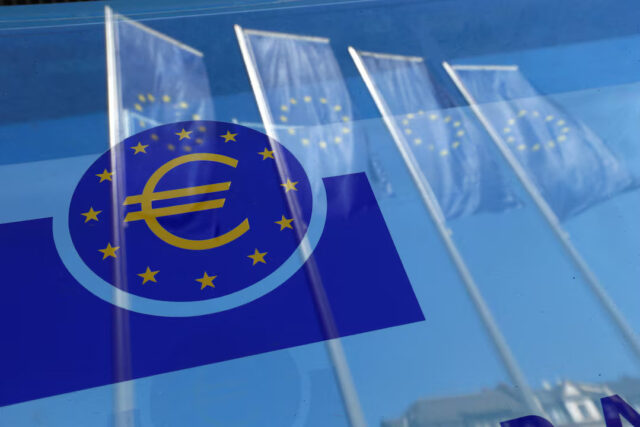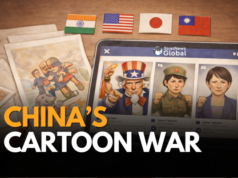
The economic and financial situation in the world is a lot more difficult for a lot of countries, which means the world’s big donor states when it comes to development assistance, will have less to give away either as loans or grants.
That’s the word coming out of Europe, which in 2023 provided 95 billion Euro in official development assistance directed at poverty alleviation, sustainable development, clean and renewable energy and so on.
That makes Europe the world’s larges donor of development aid. It has set a target of spending 0.7% of its gross national income as development assistance by 2030, but politics has an ugly way of catching up.
“Public finances in the G7 are under pressure,” Stratnewsglobal was told by a cross-section of diplomats, officials and development experts in Paris. “The budgetary situation is tight with public debt rising and this is happening at a time when money is required for the green transition.”
France, which takes over the presidency of the G7 from Canada at the summit next year, is hoping to build coalitions that will reform the current system of international development. The idea is find innovative new ways to fund development by tapping private capital.
It flows from French President Emmanuel Macron’s push for international partnerships in resolving some of the key issues of our time: climate change, gender equality and health. But he faces an uphill climb.
Diplomats in Europe point to the “brutalisation of international relations”, and more confrontation between countries and groups as one of the reasons. But they also admit that the “unprecedented changes posed by big powers to the principles of international relations,” is the biggest challenge.
“Persuading the current US administration is a huge task since the US has pulled out of international development financing. For the US it is ‘America First’,” a diplomat noted.
Witness the Trump administration shutting down the activities of agencies such as USAID. Add to that the refusal to give any leeway to poorer countries, forcing unfair trade terms on them and demanding they hand over their natural resources while giving nothing or little in return.
“Principles are being challenged in the G7 also,” he said ad ding that, “there is a rethinking process now to keep the US on board while ensuring that policies help the donor and the receiver. Our internal thinking is that development policy not only benefits receiving countries, but also donors.”
Europe is also up against the North-South divide, although the view is the dynamics of this discussion can be changed by building new non-traditional coalitions. Here it is important to avoid any situation resulting in US vs the rest.
Thirty eight years in journalism, widely travelled, history buff with a preference for Old Monk Rum. Current interest/focus spans China, Technology and Trade. Recent reads: Steven Colls Directorate S and Alexander Frater's Chasing the Monsoon. Netflix/Prime video junkie. Loves animal videos on Facebook. Reluctant tweeter.




